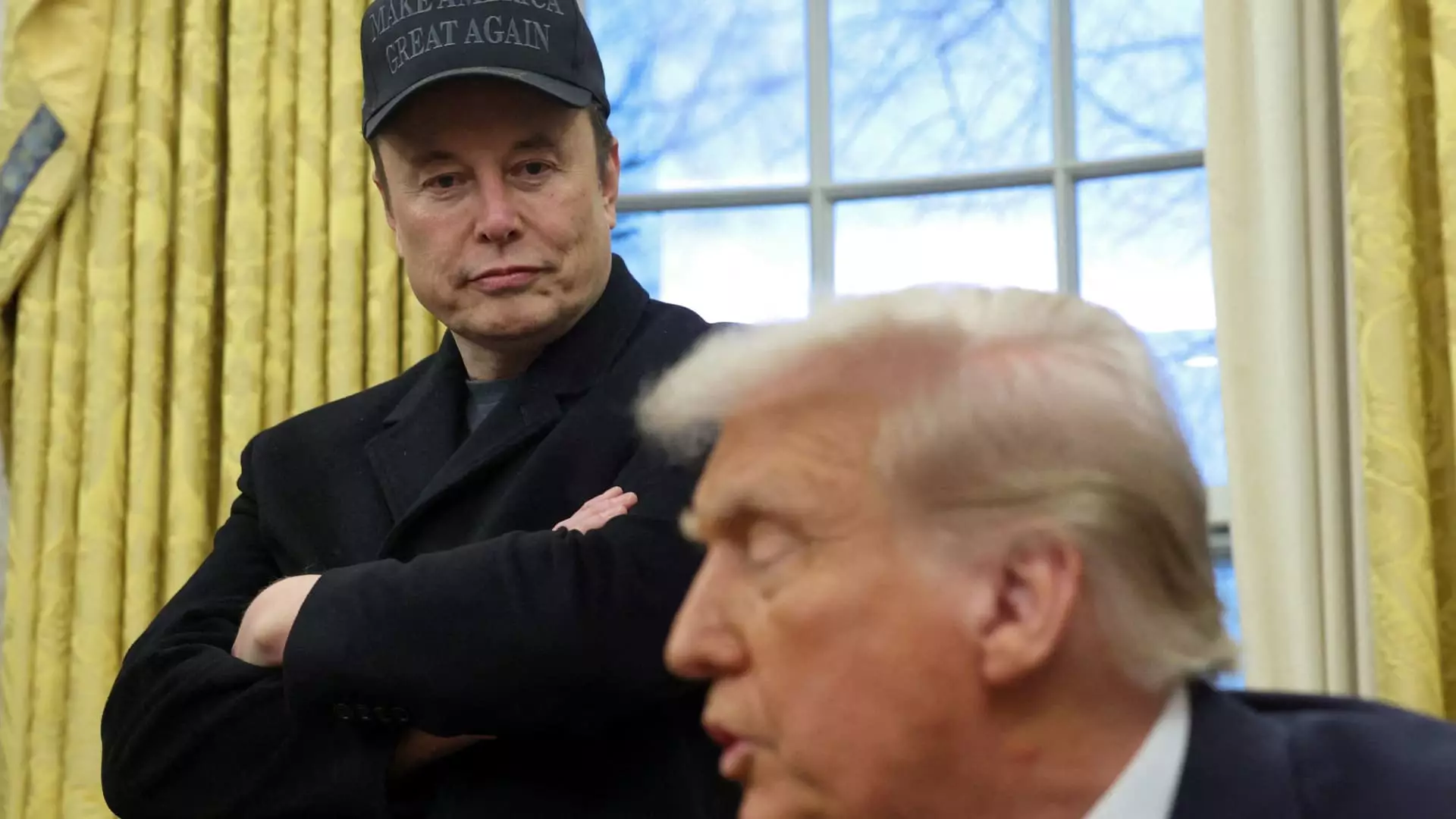In a notable legal maneuver, Trump Media and its conservative counterpart, Rumble, have initiated a lawsuit against Brazilian Supreme Court Justice Alexandre de Moraes. This case is rooted in a series of events that center around established social media practices and perceived infringements on free speech. The legal complaint, filed in a federal court in Tampa, Florida, accuses Moraes of attempting to censor a politically vocal user associated with Rumble. This incident stems from a tumultuous relationship that Moraes had with Elon Musk, leading to significant implications for Musk’s social media platform, X, in Brazil.
The core of the lawsuit revolves around alleged extraterritorial actions taken by Moraes, who, as described in the court filings, issued “Gag Orders” attempting to restrict the participation of a U.S.-based user on a platform that hosts free content for a diverse range of audiences. The lawsuit highlights how intertwined the operations of Rumble and Trump Media have become, pointing out that Truth Social, Trump Media’s own social media platform, depends on Rumble’s cloud infrastructure for delivering content.
The plaintiffs argue that allowing a foreign justice to impose censorship on an American platform erodes the fundamental principles of free expression that are enshrined in the U.S. Constitution. By casting the matter in this light, Trump Media and Rumble not only challenge Moraes’s authority but also aim to establish a broader precedent for digital rights. They contend that judicial overreach, particularly from foreign entities, cannot override or dictate terms to American companies operating on American soil.
Highlighting the seriousness of the situation, the lawsuit asserts that Rumble’s termination would have dire effects on Truth Social’s functionality, which serves as a crucial platform for many conservative voices that feel marginalized in mainstream social media discourse. This legal action represents a preemptive strike against potential attempts at censorship and a pushback against international judicial authority over American platforms.
Broader Implications for Free Speech
This lawsuit comes against the backdrop of broader political tensions within Brazil, especially following the recent accusations against former President Jair Bolsonaro. Prosecutors in Brazil have accused Bolsonaro of inciting a coup following his electoral defeat, and the current administration is now engaged in prosecuting several individuals associated with suspected conspiracy activities. In this climate, the legal confrontation involving Trump Media and Rumble serves as a flashpoint that highlights the complexities of governing speech in the digital age.
Musk’s earlier dispute with Moraes, where his platform X was suspended in Brazil due to alleged non-compliance with local regulations, adds a layer of intrigue to this case. It sheds light on the global challenges social media platforms face when navigating differing national laws on speech, content moderation, and user interactions. The drastic measures taken by Brazil’s Supreme Court, which included the suspension of X’s operational capability alongside its bank accounts, exemplify tensions between tech giants and governmental authorities worldwide.
Amidst the escalation of the legal battle, financial implications for Trump Media have already surfaced. The ongoing legal proceedings have reportedly accounted for a significant portion of the company’s operating expenses, as outlined in their recent disclosures. This has raised concerns about the business’s sustainability under such mounting fiscal pressure. In light of these expenses, Trump Media’s leadership has indicated their commitment to sustaining free expression rights, emphasizing that the infringement of these rights is not merely an operational concern but integral to the firm’s existence.
Furthermore, the firm has pointed accusations of obstruction towards the Biden administration and the Securities and Exchange Commission, claiming their challenges have prolonged processes essential for business operations, notably their intended merger with a Special Purpose Acquisition Company (SPAC). Such difficulties could negatively impact Trump Media’s strategic objectives moving forward, as they continue to contend with both legal and financial hurdles.
In essence, the lawsuit filed by Trump Media and Rumble not only signifies a broader assertion of free speech rights but also highlights the evolving dynamics between social media, law, and political influence. As the digital landscape continues to expand and intersect with various political narratives worldwide, the outcomes of such legal challenges will be instrumental in shaping the future of digital expression and corporate freedoms in the United States and beyond. The stakes are high, as the implications of this case could establish crucial precedents for how online platforms navigate their responsibilities across different jurisdictions in an increasingly interconnected world.



Leave a Reply